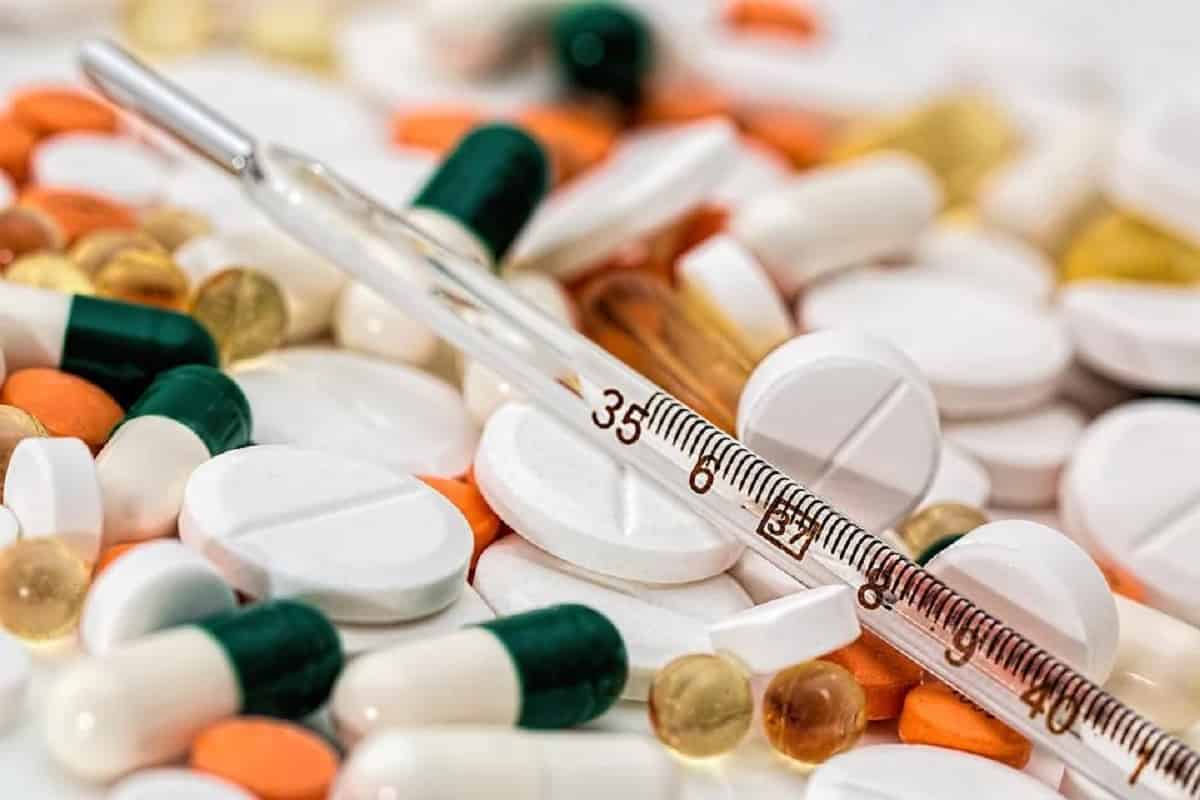
Very often, the world is threatened by calamities, including hurricanes, earthquakes, and other emergencies. Skin conditions and trauma are the ailments of greatest concern following disasters, while rabies, snake bites, and respiratory infections are less common, but still exist. However, as the effects of the disaster intensify, communicable disease risks pose a health concern to the population. Your survival depends on the choice of medications in your bug-out bag.
Having a well-stocked pharmaceutical emergency kit on hand can help you survive a storm, flood, fire, or other disaster. It’s crucial to put together your medication pack before you face an emergency or a crisis.
How To Prepare
In an emergency, choosing your medications wisely might be a question of life and death. Everyone should think about how they would keep their supply intact amid the kinds of circumstances they will probably encounter.
The most crucial element to consider to guarantee access to medicine is preparation. What would you do in the event of an unforeseeable tragedy that you couldn’t prevent, such as a powerful earthquake or a 100-year flood? These are a few things to think about.
As we outlined in the previous article, the most important medicines you should have with you are:
Hydrogen peroxide
You may use hydrogen peroxide, an antibacterial liquid, to heal cuts and minor skin wounds and eradicate germs. However, peroxide is also frequently employed in non-medical contexts, such as cleaning and disinfection.
According to studies, it irritates the skin. It could hinder the healing process, causing more damage than good. What can you apply to a skin wound? All you require is a thorough washing with soap and lots of fresh water. However, in certain crises, the clean water supply may be limited or nonexistent. In this case, hydrogen peroxide will come in handy.
Antibiotic ointments
Small cuts, scrapes, or burns can lead to minor skin infections, which are prevented and treated with the use of this kind of medication. It is accessible without a prescription. These medications are used to treat small burns, scratches, and wounds. In case of small animal bites or puncture wounds, and Injuries to the eye or eye infections, you can use them, too.
Cleanse and pat dry the afflicted area of the skin. Wash your hands before applying the ointment. The drug should then be applied sparingly. The most often used medications in this class are Polysporin, Neosporin, or Bacitracin.
Stomach treatments
Everyone has experienced stomach pains and discomfort at some point in their life. Stomach pain can have many different probable causes, such as indigestion, food allergies, poisoning, and more.
There are several efficient over-the-counter medicines available for those who are having gastrointestinal issues and need treatment right now.
Taking drugs like Pepto Bismol, Gaviscon, Tums, and Rolaids can ease stomach pain. Both Pepto Bismol and Gaviscon can assist with heartburn symptoms as well as nausea.
Antihistamines to relieve symptoms of allergies
The worst allergens are pets and pollen. Unfortunately, it might be challenging to stay away from things to which you are allergic. You could gain by using a trusted allergy medication to reduce your runny nose and any other uncomfortable issues. Our top picks are Allegra Antihistamine Tablets, Zyrtec Allergy Medicine Tablets, and Nasacort Allergy 24HR Nasal Spray.
Cold, cough, and fever treatment
Even though they are often not serious, colds can be uncomfortable. The best thing you can do, despite the temptation to try the newest cure, is rest, ingest plenty of hot liquids, and use other all-natural treatments. Try honey. If the cold and fever persist, we recommend you take Tussin to relieve cough, Advil, Tylenol, and Tamiflu.
All kinds of pain relievers
OTC painkillers can aid with pain management and fever reduction. These drugs are available for purchase without a prescription. Acetaminophen, aspirin, and anti-inflammatory medications are the most popular forms of over-the-counter pain relievers. We also recommend including Ibuprofen, Acetaminophen, and Tylenol in your medical stash.
Expiry dates
Most of the drugs are valid for 3-5 years if they stay sealed. The manufacturer claims that after the original package is opened, the stability of a medicine cannot be guaranteed. Stability may be impacted by heat, humidity, light, and other variables. When choosing medications to include in your backpack, try to pick ones with extended expiration dates.
Medication App
Install a pharmaceutical app that displays the expiration date of your prescriptions. This will serve as a reminder for you to place refill orders and a handy reference in an emergency. The amount of your supply will be clear to you, and if you are aware of an imminent emergency that could prevent you from visiting your pharmacy, you will be able to decide if you need to rapidly get early refills.
There are many methods and ideas to help you remember to take your meds, but arguably the most useful are the downloaded applications that send daily reminders to your smartphone, tablet, or wearable about your prescriptions or their expiration dates.
Here are the top mobile applications you may use to keep track of your medications: Mango Health and Pill Reminder-All In One. Do not forget to check and replace expired medications regularly. Keep healthy and safe!




